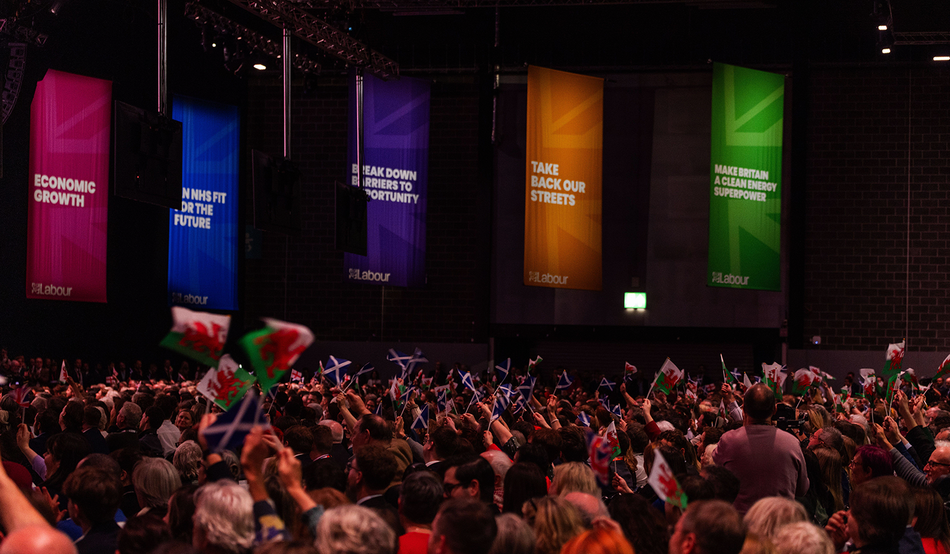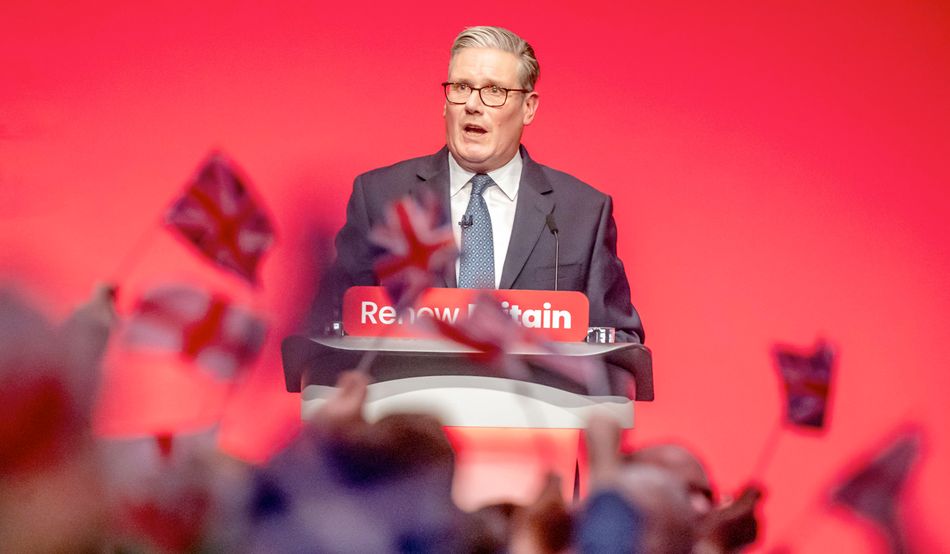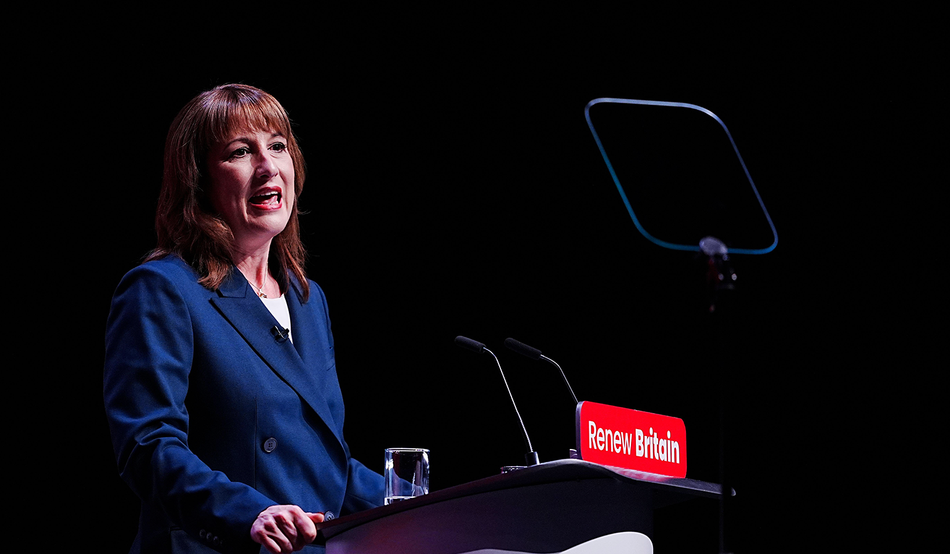Labour likes to portray the sale of political access as a Tory problem. Keir Starmer’s comfort zone is railing against “Tory sleaze” and crony Covid contracts.
But Labour is not immune. This week’s party conference was thick with lobbyists for everything from oil and gas giants to defence contractors.
Indeed, the first thing I saw after the airport-style security at the ACC conference venue in Liverpool was a two-storey temporary glass and steel “hub” emblazoned with a single word: Anacta.
Even among lobbying industry insiders, Anacta isn’t a household name. Originally founded in Australia, Anacta only opened in the UK in 2023, and until last year had never registered any clients with the Office of the Registrar of Consultant Lobbyists, the official lobbying regulator. Yet it describes itself as “the leading Labour-specialist advisory firm” (italics theirs). Its managing director, Teddy Ryan, is a Labour veteran married to the party’s general secretary and Starmer ally Hollie Ridley.
Anacta briefly made headlines last week when the i revealed that clients such as Sky and gambling trade body Bacta were offered an exclusive preview of Starmer’s keynote the day before it was delivered. A spokesman said the firm was “proud to be hosting a range of interesting events, with a broad and varied range of partners.”
Anacta was not the only lobbying firm with deep ties to Labour looking to woo executives from firms with meaty public affairs budgets. Outside the main hall stood another large hub sponsored by Arden Strategies, the advisory firm set up by former New Labour secretary of state Jim Murphy.
Lobbying firms can pay more than £10,000 for such prime conference real estate. But because the arrangement is classed as a “commercial partnership”, not “sponsorship”, payments are not disclosed to the Electoral Commission. It’s one of the many loopholes in Britain’s lobbying regime. Transparency International estimates that just 4 per cent of lobbying activity is captured on the official register.
In Jeremy Corbyn’s day, Labour conference was practically a lobbyist-free zone. “There was no point in going,” a veteran consultant once told me. That changed as Labour edged closer to power. Last year’s conference—held amid a cash-for-access scandal over donor Waheed Alli’s gifts to Starmer and other ministers—was thronged with lobbyists, so much so that some Labour MPs I spoke to at the time raised it unprompted as a concern.
This year was more restrained. The vast exhibition hall that had been filled with stands from energy companies and big banks was largely the preserve of NGOs and trade unions. “They’ve killed the goose that lays the golden egg,” an oil and gas lobbyist told me. “Labour wants our money but gives nothing in return.”
At £5,000-a-ticket, this year’s business day was double last year’s cost. Following complaints last year about the calibre of the Labour politicians involved, the 2025 event started with a breakfast hosted by the new business and trade secretary, Peter Kyle, followed by an appearance from Starmer.
Fringe events remained fertile ground. Labour Together and the Tony Blair Institute organised dozens of sessions between them, with the former partnering with the likes of Lloyds, EY and KPMG.
Defence firms were especially visible, buoyed by Starmer’s pledge to lift spending to 5 per cent of GDP by 2035 and make Britain “battle-ready”. I even spotted Anduril, the US defence tech company which is a partner of Palantir and whose Union Jack adverts are now plastered across the London Underground.
Labour’s former tough talk on sleaze and lobbying has largely melted away. Aside from tinkering with rules on MPs’ second jobs, there has been no sign of meaningful reform—despite the lobbying industry’s own trade body, the Chartered Institute of Public Relations, calling for it.
Unlike in previous years, there seemed to be no fringe events dedicated to standards in public office. But a short walk from the secure zone I found one titled “Who pays, who decides? Big money in British politics”. Fewer than two dozen people had turned up. The mood was sombre.
A Politico reporter told of a newly elected Labour MP who, on election night last year, was texted by a lobbying firm offering to run a fundraiser before he’d even returned home from the count. Transparency International’s Duncan Hames pointed out that two-thirds of all private donations in 2023 came from just 19 individuals. He urged Labour to introduce a donations cap in its forthcoming Elections Bill—something the party has been wary of.
Labour is still trying to raise money. The official conference programme carried an advert for the Rose Network of donors, promising “an engaging programme of impactful political events, including receptions, thought-provoking discussions, and ‘in conversation’ sessions.”
At the bar I bumped into Dale Vince, the green energy entrepreneur who has given Labour more than £5m since 2022. In jeans and a T-shirt he stood out among the suited delegates. What did he make of the conference? “Not much,” he said.
An hour before Starmer’s conference speech, I went on a final lap of the exhibition hall. At the Premier League stand, I joined a queue of delegates having their photograph taken with the trophy that Liverpool won last season.
The league—once represented by Global Counsel, the firm established by Peter Mandelson—has been lobbying hard against the football regulator that was established earlier this year. The league has also been among the most generous gift givers in Westminster. Starmer is among the MPs who have accepted more than £100,000 worth of free football tickets.
Ahead of me, a backbench MP posed with the trophy. Photograph snapped, she thanked the Premier League reps: “Hopefully I’ll see you guys in parliament. Anything I can do to help, let me know.”













